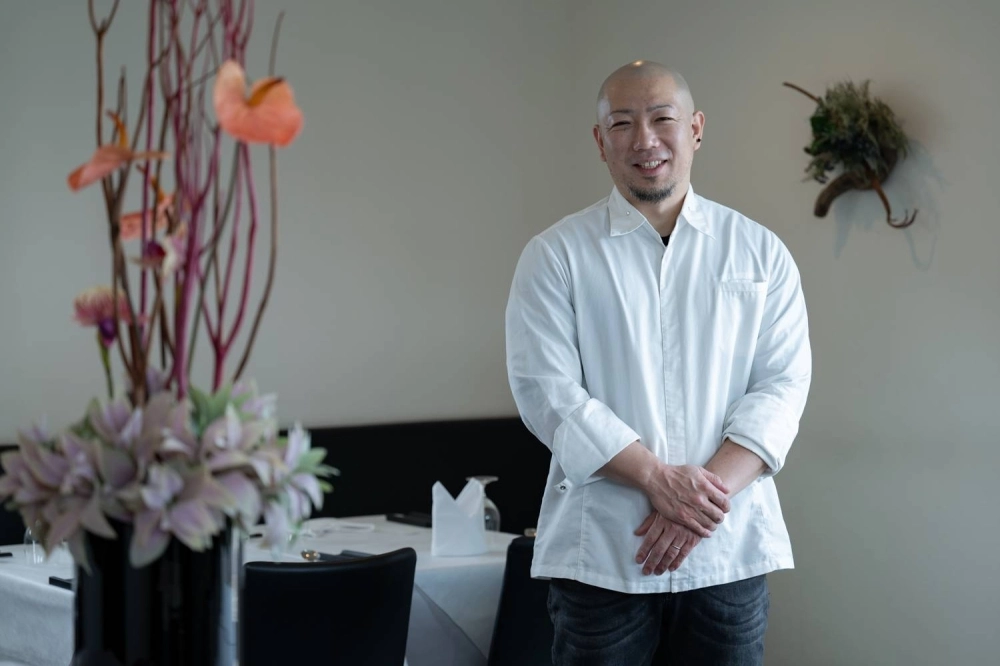Yamagata Prefecture produces some of the finest fruit in all Japan: Sato Nishiki cherries, La France pears, Mutai Fuji apples and Obanazawa watermelons are just a few of the premium varieties from this rural prefecture some 300 kilometers north of Tokyo.
Despite the deep snow that blankets the land throughout the winter months, the farmers here manage to grow excellent vegetables and rice, too — not to mention the local sake. There’s even surprisingly good wine. And the same goes for the prefecture’s livestock: Yonezawa beef, Sangenton pork and Shonai duck have become names renowned across the country.
These are flagship products commanding premium prices at high-end Tokyo department stores — and, increasingly, in much of Asia. In recent years, they have helped put Yamagata’s name firmly on the map as an apparent gourmet cornucopia.


















With your current subscription plan you can comment on stories. However, before writing your first comment, please create a display name in the Profile section of your subscriber account page.